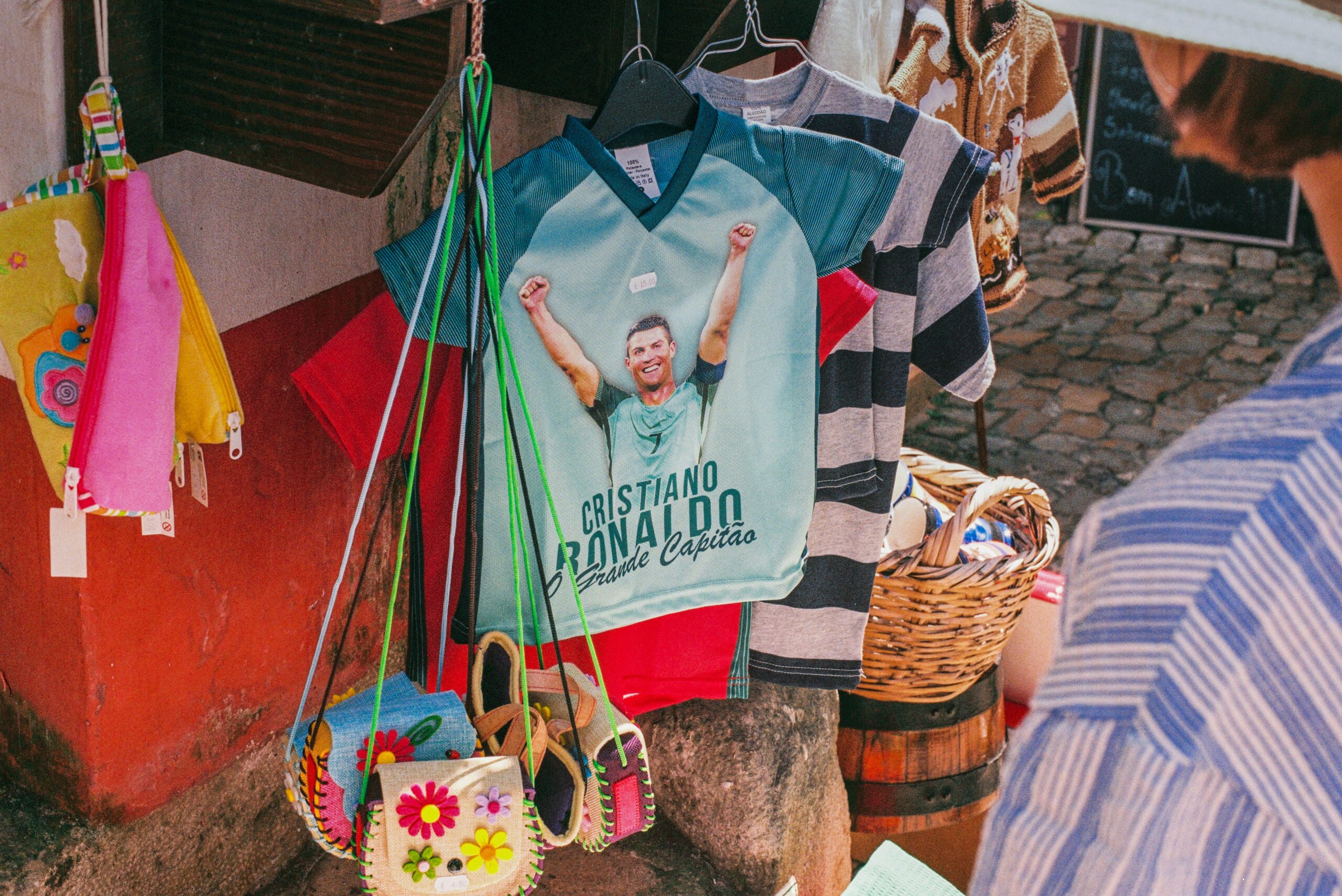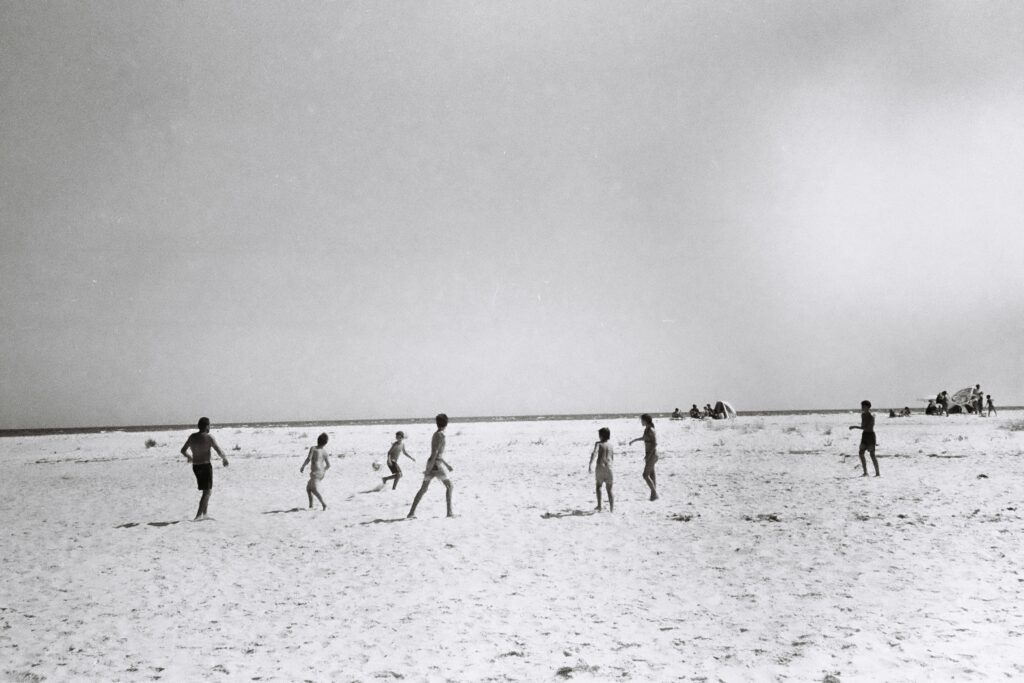
Cristiano Ronaldo’s career at the European Championships is a narrative of passion, perseverance, and exceptional skill. Spanning over five tournaments from 2004 to 2020, his journey reflects not only his individual brilliance but also his profound impact on Portuguese football.
The Dawn: Euro 2004
Ronaldo’s European Championship journey began on home soil during Euro 2004. A young prodigy, merely 19 years old, he was thrust into the limelight as part of Luiz Felipe Scolari’s squad. Despite his youth, Ronaldo’s talent was undeniable. He scored his first Euro goal against Greece in the group stage and contributed significantly with a crucial goal in the semi-final against the Netherlands, helping Portugal reach the final. Although Portugal suffered a heartbreaking defeat to Greece, Ronaldo’s performances marked him as a future star.
Rising Expectations: Euro 2008
Euro 2008 in Austria and Switzerland was Ronaldo’s second appearance at the Euros. By this time, he had established himself as one of the world’s best players, having won multiple titles with Manchester United. Expectations were high, but the tournament was less fruitful for Portugal. Ronaldo managed to score only once, in a group stage victory over the Czech Republic. Portugal exited in the quarter-finals, losing to Germany. Despite the early exit, Ronaldo’s leadership qualities were becoming more apparent.
The Leader Emerges: Euro 2012
Poland and Ukraine hosted Euro 2012, where Ronaldo wore the captain’s armband. His performances were stellar, scoring twice against the Netherlands in the group stage and the decisive header against the Czech Republic in the quarter-finals. Portugal reached the semi-finals, where they faced Spain. The match ended in a penalty shootout, with Portugal losing narrowly. Ronaldo’s displays reinforced his status as one of the tournament’s standout players and an inspirational leader for his national team.

Triumph: Euro 2016
France 2016 was the pinnacle of Ronaldo’s European Championship career. Despite a slow start in the group stage, where Portugal drew all three matches, they progressed as one of the best third-placed teams. Ronaldo’s pivotal moments included a brace against Hungary in the final group game and a crucial assist in the semi-final against Wales. The final against France saw Ronaldo suffer an early injury, forcing him off the pitch. However, his influence from the sidelines, encouraging and guiding his teammates, was instrumental. Portugal secured a historic victory with Eder’s extra-time goal, earning Ronaldo his first major international trophy.
The Veteran: Euro 2020
Euro 2020, held across multiple countries due to the pandemic, saw a veteran Ronaldo leading Portugal. At 36, Ronaldo was still a formidable force, ending the tournament as the top scorer with five goals, including a brace against Hungary and a goal against Germany. Despite his individual success, Portugal’s journey ended in the Round of 16 with a loss to Belgium. Ronaldo’s performance, however, was a testament to his enduring quality and fitness.
Legacy and Impact
Ronaldo’s European Championship career is marked by a series of personal and team milestones. He is the tournament’s all-time top scorer, a testament to his consistency and longevity. Beyond statistics, Ronaldo’s presence has inspired a generation of Portuguese players and fans. His evolution from a talented teenager in 2004 to a seasoned leader in 2020 encapsulates a career dedicated to excellence and resilience.
Cristiano Ronaldo’s legacy at the European Championships extends beyond the trophies and records. It is a story of relentless pursuit of greatness, the ability to inspire and lead, and a deep commitment to his national team. As future generations look back, Ronaldo’s journey will remain a benchmark of what it means to be a football legend on the European stage.